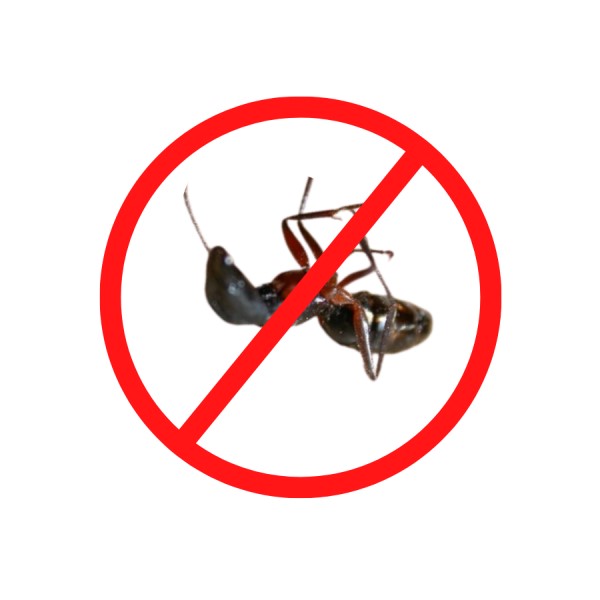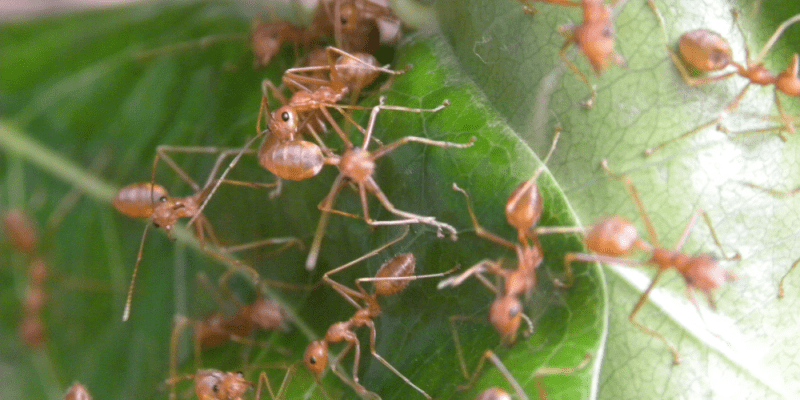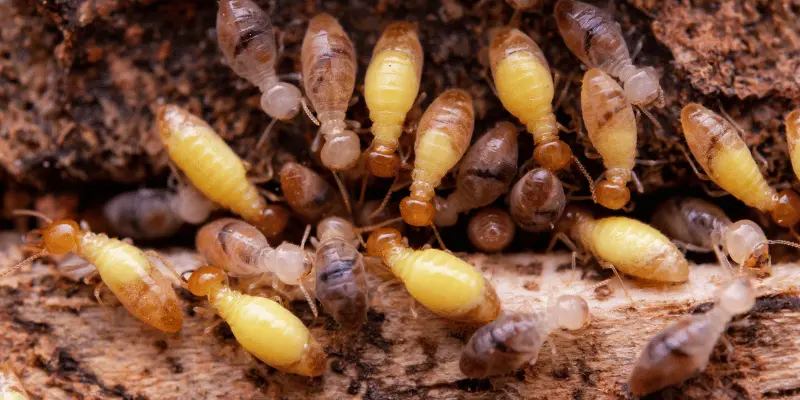Environmental Impact of Pest Control: Harmonizing Effectiveness With Sustainability
The ecological effect of parasite control is an essential issue that needs a fragile equilibrium in between achieving effectiveness in handling bugs and making certain sustainability of our ecosystems. From the use of hazardous chemicals that leak into our soil and water to the unintended repercussions on non-target types, the effects of standard parasite control practices are far-reaching.
Damaging Chemicals in Insect Control
The use of dangerous chemicals in parasite control postures substantial ecological and wellness threats that necessitate mindful consideration and reduction strategies. Pesticides, herbicides, and pesticides are generally utilized to eradicate pests, but their extensive application can result in unexpected effects. These chemicals can contaminate soil, water sources, and the air, impacting not just the targeted parasites but also helpful insects, wildlife, and people.

To deal with these threats, incorporated insect management (IPM) methods are being advertised as a much more lasting option. IPM involves a mix of methods such as biological control, habitat manipulation, and the targeted use of chemicals as a last hotel (ant control lexington nc). By taking on an alternative method to pest control, we can lessen the environmental and health impacts related to harmful chemicals while effectively managing pest populations
Effect On Non-Target Species
Taking into consideration the unplanned effects of insect control methods, the impact on non-target varieties is a vital aspect that requires thorough evaluation. While pest control steps aim to target particular parasites, various other organisms in the community may be unintentionally impacted. Non-target varieties, including valuable insects, birds, animals, and also plants, can suffer indirect or straight damage from chemical applications or biological control approaches.
Insecticides made to deal with a specific bug bug may harm pollinators like bees or all-natural predators such as ladybugs. Organic control agents, if not species-specific, can position risks to unintentional targets, interfering with the eco-friendly balance.
To mitigate the influence on non-target species, integrated insect management (IPM) methods that emphasize an all natural method to pest control are advised. These techniques focus on using eco-friendly practices, decreasing damage to helpful organisms while effectively taking care of pest populations. Conducting thorough threat assessments and checking the outcomes of bug control efforts are vital steps in guarding non-target varieties and advertising overall ecological community health and wellness.
Dirt and Water Contamination
Unintended ecological effects of parasite control approaches expand past affecting non-target species, with significant implications for soil and water contamination - ant control. Pesticides, herbicides, and chemical fertilizers used in pest control can seep into the soil and infect groundwater, posturing a risk to both terrestrial and marine communities.
Water contamination is an additional critical problem connected with pest control practices. To minimize soil and water contamination from bug control activities, integrated pest management strategies that prioritize sustainability and reduce chemical inputs are critical.
Air Air Pollution From Chemical Usage
Exposure to airborne chemicals during agricultural applications positions a substantial issue for air contamination control procedures. Additionally, pesticide drift, where chemicals are carried by the wind to unexpected areas, can lead to the contamination of close-by ecological communities and water bodies.

Approaches for Lasting Pest Control
In the world of farming methods, applying sustainable bug control strategies is extremely important for keeping ecological equilibrium and securing plant yields. Lasting parasite control highlights making use of eco-friendly techniques to manage pest populaces effectively while decreasing harm to non-target organisms and ecological communities. Integrated Insect Management (IPM) is a widely embraced method that combines organic, cultural, physical, and chemical control approaches to accomplish lasting pest monitoring services.
One secret method in lasting bug control is promoting biodiversity within agroecosystems. By improving natural enemies of pests, such as parasitoids and killers, farmers can minimize the requirement for synthetic chemicals. Plant turning and diversification are likewise efficient methods to interfere with pest life process and produce much less desirable problems for parasites to thrive. Additionally, utilizing pest-resistant plant varieties and utilizing strategies like trap chopping can help in reducing pest pressure without counting heavily on chemical interventions. Inevitably, by incorporating these sustainable insect control strategies, farmers can achieve a balance in between pest management performance and environmental stewardship.
Verdict
To conclude, the ecological impact of insect control methods have to be thoroughly taken into consideration to balance efficiency with sustainability. Dangerous chemicals used in pest control can result in soil and water contamination, air pollution, and damage non-target types - termite control. It is vital to apply lasting parasite control strategies to decrease these unfavorable impacts on the setting and advertise a much healthier ecological community for future generations
By adopting an all natural approach to pest control, we can decrease the environmental and health and wellness influences connected with damaging chemicals while properly managing pest populations.

To minimize the air pollution caused by chemical use, it is important to take on integrated bug administration techniques that focus on the use of non-chemical bug control methods, such as plant turning, natural killers, and resistant plant ranges. Sustainable pest control stresses the usage of eco pleasant techniques to manage pest populaces effectively while decreasing damage to non-target organisms and communities. Integrated Insect Management (IPM) is a commonly adopted strategy that combines organic, social, physical, and chemical control techniques to accomplish long-term pest administration services.